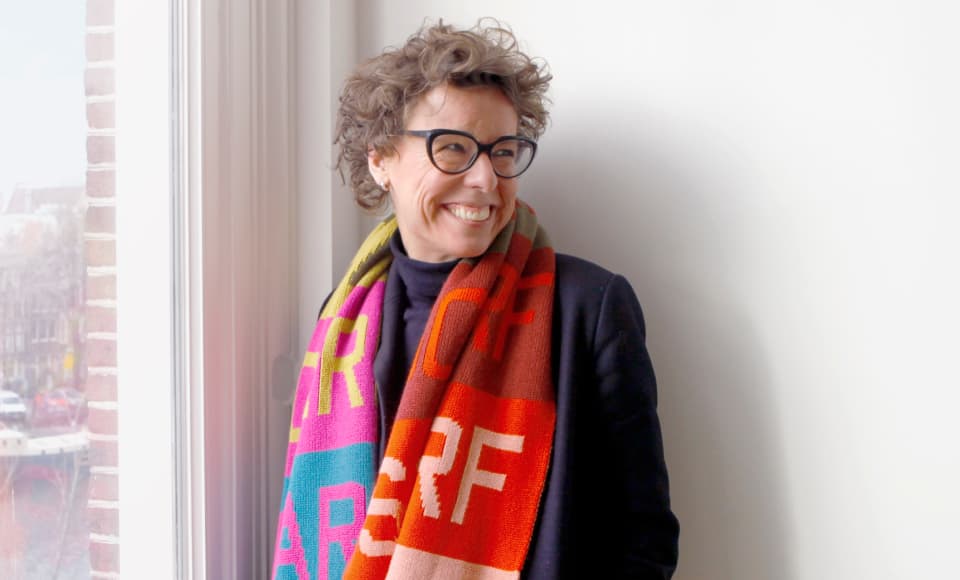The deposit is the amount you owe the seller if you dissolve the sale beyond the resolutive conditions and the legal cooling-off period.

The security deposit is a deposit you must pay to the notary before a specific date. It will be deducted from the final purchase price.
This obligation is met with a down payment or bank guarantee. If you have the money lying around, it might be better to make a down payment because the bank charges interest on a bank guarantee.
What is a deposit?
The seller of a house wants to be sure that you, the buyer, can pay for the home and will buy it. Therefore, you have to pay a deposit before you go to the notary for the purchase deed of the house. Then, if the sale suddenly doesn't go through, the seller can claim the deposit.
Difference between a deposit and a bank guarantee
The deposit can be made in two ways. First, with a bank guarantee, an external party (often a bank) guarantees this down payment. With a deposit, you make a down payment from your bank account at the notary.
Making an offer subject to financing
If you make an offer subject to financing, you can abandon the purchase free of charge if you do not get the mortgage in time. However, you usually have to be able to show one, sometimes two, rejections from mortgage lenders before the deadline.
Making an offer without reservations gives the seller more security. You only risk losing the deposit if you can't pay for the house. In addition, by making an offer partially subject to financing, you lower the amount that needs to be financed. That can give the seller a sense of security.
What does a deposit cost?
This "down payment" is often 10% of the purchase price. Unfortunately, not all people have this in their pockets. Then a bank guarantee offers a solution. A third party promises to advance the deposit if the sale fails. When the deal does go through, the agreement ends.
A bank guarantee fee usually is 1% of the deposit. The bank pays this amount up front because it is the guarantor. You then have an additional debt with the bank, which is included in your mortgage. In case of resolutive conditions, the deposit expires. Usually, the deposit should be in the notary's account within two weeks of signing the preliminary sales contract. However, later is also possible. On the other hand, a bank guarantee is only issued once the entire mortgage is approved.
So suppose you buy a house of € 550,000 with a deposit of 10%, then the deposit is € 55,000. You transfer this deposit to the notary's bank account via their 'third party account.' The money is safely parked until the property is finally transferred from seller to buyer.
When do you pay the deposit?
The final date the deposit (or bank guarantee) must have been made can be found in the sales contract (the purchase agreement). Usually, you have to transfer the deposit for the house within two weeks of signing the contract. Have you not paid the deposit on time? Then the seller can declare you in default in writing. You then get one last chance to pay the deposit.
Is a deposit required?
No, a deposit is not required by law. In practice, however, it will always be included in the contract of sale. The guarantee may legally not exceed ten percent of the purchase price.
Is a deposit clause required in the offer letter?
In your offer letter, you usually do not have to choose whether to make a deposit or a down payment. It is generally sufficient to say, 'deposit/bank guarantee 10% after five weeks after signing the preliminary sales agreement'. Do you want to make an extra competitive offer? Then you can consider including a deposit in your offer letter. If you already have more financial security, you can also choose to transfer the deposit to the notary's account after two weeks after signing the preliminary sales agreement.

Ga je een huis kopen?
Boek je gratis oriëntatiegesprek met een Walter-adviseur. Wij begeleiden je bij het kopen van je volgende woning.
Plan een gratis kennismakingLees verder



Walter Living is geregistreerd in Nederland op het adres Walter Tech, B.V. Singel 542, 1017AZ, Amsterdam. Ons KvK-nummer is 73708585 en ons BTW-nummer is NL859636033B01.
Diensten
Liever even contact via WhatsApp? Stuur een appje naar 085 080 6860


